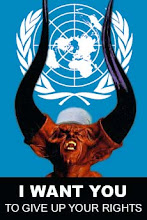Cormac McCarthy's book The Road considers what would happen if the world lost its biosphere, and the only living creatures were humans, hunting for food among the dead wood and soot. Some years before the action begins, the protagonist hears the last birds passing over, "their half-muted crankings miles above where they circled the earth as senselessly as insects trooping the rim of a bowl". McCarthy makes no claim that this is likely to occur, but merely speculates about the consequences.
All pre-existing social codes soon collapse and are replaced with organised butchery, then chaotic, blundering horror. What else are the survivors to do? The only remaining resource is human. It is hard to see how this could happen during humanity's time on earth, even by means of the nuclear winter McCarthy proposes. But his thought experiment exposes the one terrible fact to which our technological hubris blinds us: our dependence on biological production remains absolute. Civilisation is just a russeting on the skin of the biosphere, never immune from being rubbed against the sleeve of environmental change. Six weeks after finishing The Road, I remain haunted by it.
So when I read the UN's new report on the state of the planet over the weekend, my mind kept snagging on a handful of figures. There were some bright spots - lead has been removed from petrol almost everywhere and sulphur emissions have been reduced in most rich nations - and plenty of gloom. But the issue that stopped me was production.
=============================================

No comments:
Post a Comment